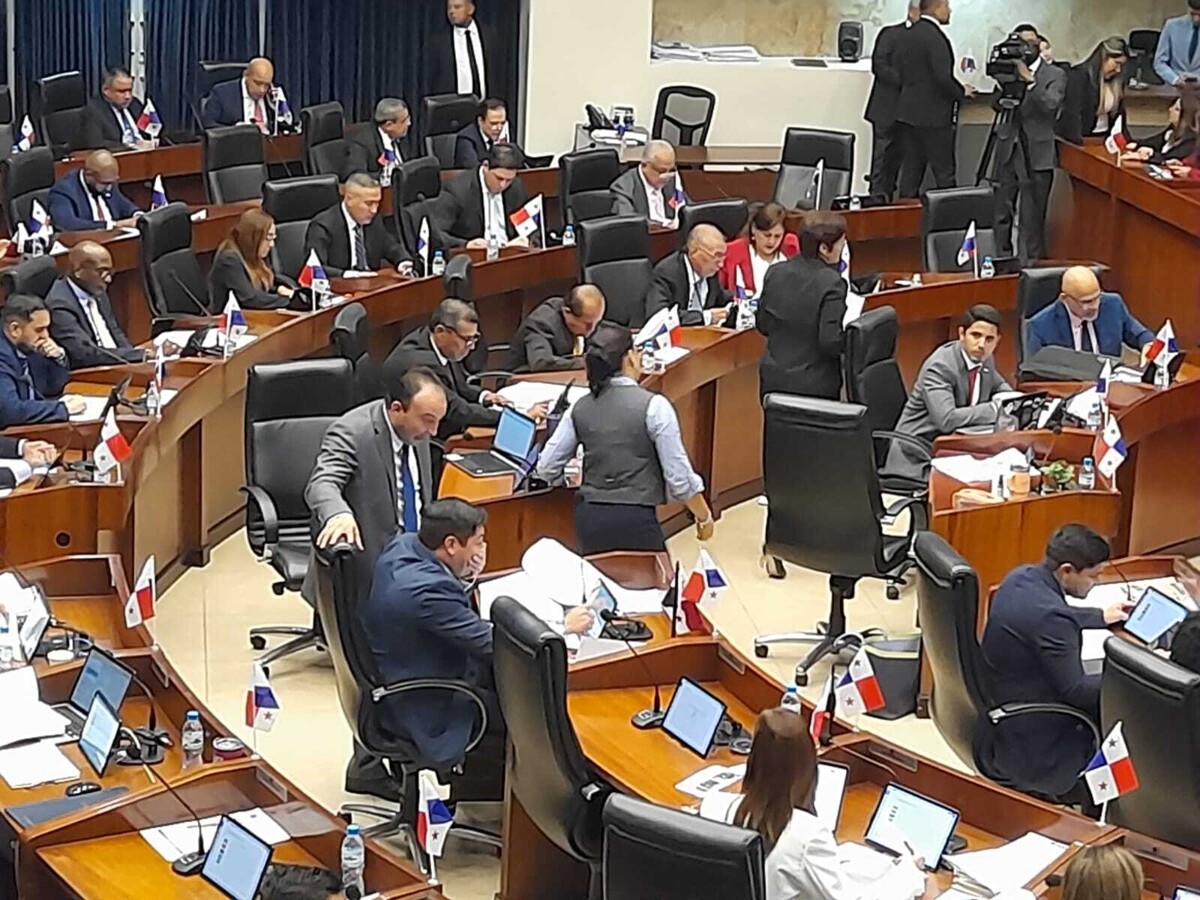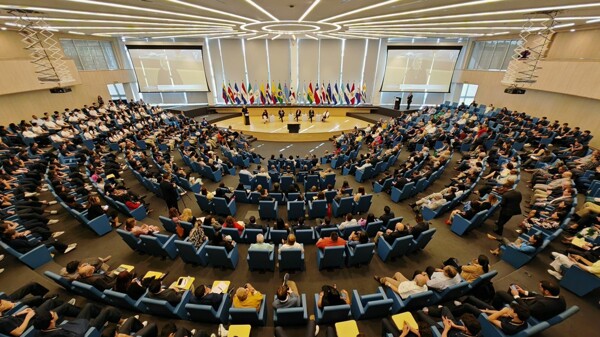
The approval in the second debate by the full National Assembly of Deputies of the draft reform to the Social Security Fund (CSS) has generated a strong rejection from various union and guild organizations in Panama. These organizations claim that the proposal undermines the rights of workers and pensioners and have announced their intention to mobilize to demand the withdrawal of the project.
The leader of the National Confederation of Independent Trade Union Unity (Conusi), Marco Andrade, has labeled the draft as "disastrous" and has emphasized that it perpetuates the privatization of CSS funds, thereby harming the four programs of the institution. Andrade has denounced that this project not only reduces the pension system but also raises the retirement age, which would mean that men and women would have to contribute beyond 65 years to access 60% of their current pension, which he considers unacceptable.
The medical sector has also expressed its opposition to these reforms. Julio Osorio, leader of the National Negotiating Medical Commission (Comenenal), has expressed his rejection of the reform project, indicating that it will bring devastating consequences for pensioners and their families. Osorio has pointed out that these reforms represent a direct blow to workers and a betrayal of the insured. Additionally, he has lamented that important proposals, such as effective coordination between the CSS and the Ministry of Health, have not been considered during the consultation process of the draft.
In light of this situation, Conusi has called for a press conference to announce the actions to follow, including marches, pickets, stoppages, and a possible general strike. Various social organizations have expressed their concern about the changes that could affect thousands of workers and retirees in the country. Also, teachers' unions have warned about the possibility of a large educational strike in rejection of the reforms approved in the second debate.
The criticisms are not limited to labor issues, but also extend to the management of the National Assembly in the discussion process of the project. The opacity with which the draft has been handled and the lack of consideration towards the opinions of the affected sectors have been questioned. In this context of widespread rejection, a landscape of instability and protests in the streets by various popular organizations in Panama is anticipated.












